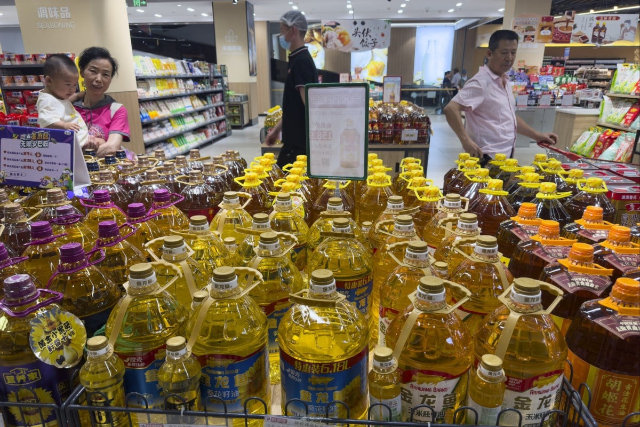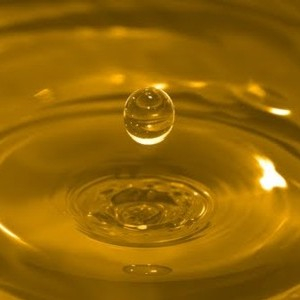Remember the scandals in recent decades, about food imported from China, that were found to contain dangerous, illegal ingredients? Now, what may be China’s biggest food scandal yet has surfaced domestically…

In 2008, Chinese food processor Sanlu Group was exposed as having adulterated its milk and baby formula products with melamine. The melamine was added to make the products appear higher in protein than they really were. Problem was, the stuff also caused kidney stones and other kidney ailments in the kids who were fed it.
A huge transgression
According to Wikipedia, “300,000 affected children were identified, among which 54,000 were hospitalized. […] The deaths of six babies were officially concluded to be related to the contaminated milk.”
The Chinese government took the situation very seriously. Reuters reported, two Sanlu Group executives were executed for their key roles in the scandal. “[And] a total of 21 Sanlu [officers] and middlemen were tried and sentenced in January [2009] by a court in the northern city of Shijiazhuang for their involvement in the case.”
Even so, the Sanlu scandal was just one of hundreds of tainted food incidents identified and prosecuted in China from 2002 to the present.
New scandal even bigger
The latest tainted food scandal may be much bigger. About a week ago, an explosive story surfaced in the Chinese – and, soon after, international – media. It claimed that a major Chinese Government food company, which supplied a huge slice of the domestic cooking oil market, had been transporting bulk vegetable oil in tanks and tanker trucks that had previously been used to ship petroleum-based fuels.
The tanks apparently not been cleaned between fuel and cooking oil shipments.
“It was an ‘open secret’ in the transport industry that the tankers were doing double duty, according to a report in the state-linked outlet Beijing News last week.” CNN reported. “[The story] alleged that trucks carrying certain fuel or chemical liquids were also used to transport edible liquids such as cooking oil, syrup and soybean oil, without proper cleaning procedures.”
Millions of litres of cooking oil, sold in all parts of China, were believed to be affected. But no recalls or other consumer-level action had been announced a week later.
Clear and present danger
Even if they had been ‘properly cleaned’, they should never have been used to carry anything food-related. The Food and Agriculture Organization of the United Nations (FAO) International Food Standards state that food grade liquids must not be carried in steel tanks used to transport a wide range of petrochemical products as the vessels’ immediately previous cargo.
Also… Many commercial liquids are shipped in plastic tanks these days. And we all know that plastic is porous, absorbing flavours, colours and chemicals from their cargoes. Remember that Tupperware tub you used to freeze tomato sauce? That came out of the dishwasher stained, and never came clean?
Long-term consumption of oils contaminated with chemical residues can lead to nausea, vomiting, and diarrhea. Over time, it can cause irreversible damage to the liver and kidneys, food safety expert Liu Shaowei told Chinese state TV network CCTV.
Also a political disaster
“As the ruling party in China, if we cannot manage something as fundamental as food safety, and if we cannot address the issue and even allow it to persist without proper resolution over a long period, the party’s ability to govern will be challenged,” Chinese President Xi Jinping said.
My take
Given the collective outcry, you can bet something will be done about the cooking oil scandal. Maybe something even more extreme than the action taken after the 2008 tainted milk affair.
Though the full extent of the cooking oil scandal is not yet known, more than one industry observer has predicted it will emerge as the biggest tainted food scandal in history…
Maggie J.

